Permissive Parenting Style Meaning That's The Reason Kids Happen To Explore Everything And Become.
Permissive Parenting Style Meaning. It Means That You Are Aware That This Might Not Be The Best Thing For Them But Want To Avoid Making Them Unhappy And Upset.
SELAMAT MEMBACA!
Permissive parenting is sometimes known as indulgent parenting.

This can be difficult at times, because it often means becoming stricter, enforcing rules, and being able to cope with your child being upset.
Permissive parenting, also known as indulgent parenting, is a parenting style characterized by high responsiveness and low demandingness.
Permissive parents are very responsive to the child's emotional needs.
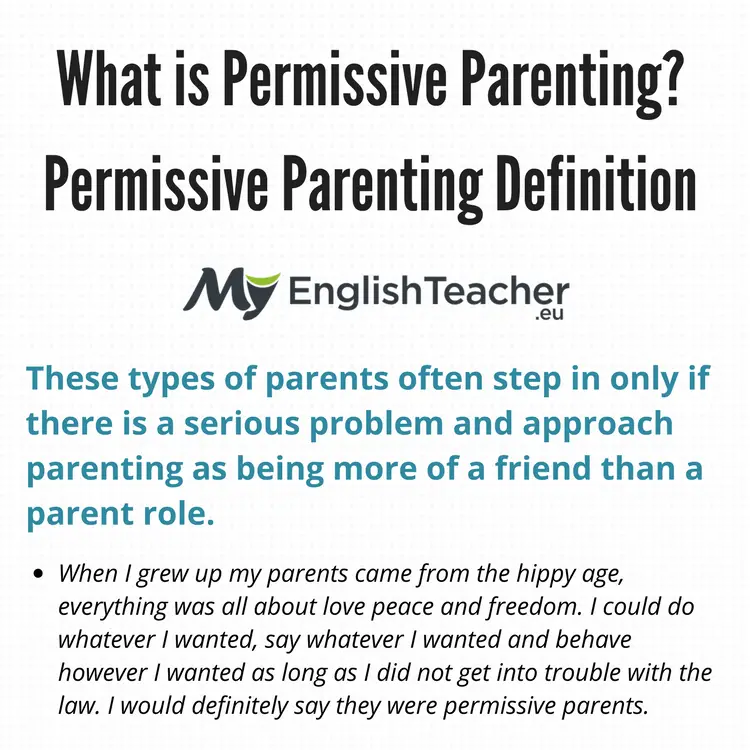
Permissive parents are highly responsive towards their children's needs and nurture their talents and personality.
But they are least demanding because they have low expectations on children may love permissive parenting style as it gives them the maximum freedom without any strings attached.
A parenting style is a psychological construct representing standard strategies that parents use in their child rearing.
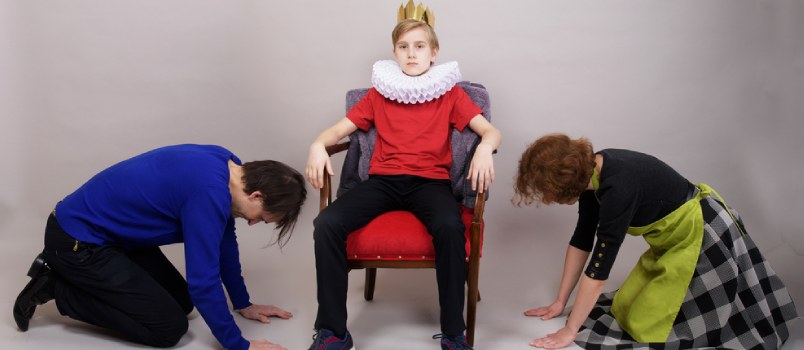
The permissive parenting style is an extremely relaxed approach where parents are generally warm, nurturing and affectionate.
They often use bribery as a means of controlling their children.
Treats, toys, or gifts are provided as a discipline approach.

Permissive parenting is accommodating parenting (sometimes even referred to as indulgent parenting).
While permissive parents are often very responsive and loving, this parenting style is defined by having no rules.
The term was developed by psychologist diana baumrind, who studied preschoolers and found their parents mostly fit into three parenting styles:
/2794957-what-is-permissive-parenting-5b2c035943a103003654116b.png)
Use any means necessary to obtain compliance, such as bribery.
Allow children to manipulate them to get what they want, or allow children to play one parent against the other.
This article about the permissive parenting style is based on research published before july 2019.

Permissive could mean different things, but in my opinion involves allowing kids to do and see things that may or may not be safe or age appropriate.
What do you mean parenting style?
The speaker talked about different parenting styles people use with their kids.

My parents definitely followed a permissive parenting approach, i guess that is why i might be more authoritative.
Parents with this style are typically less nurturing.
Expectations are high with limited flexibility.
Effects of permissive parenting style.
Permissive parents usually take on more of a friend role than a parent role.
They often encourage their children to talk with them about their problems, but they usually don't put much effort into discouraging poor.

Taking diana baumrind's definition a step further by understanding the psychological fears of permissive confusion reigns when defining 'what is permissive parenting?' trying to find a universally applicable definition of permissiveness in.
Some permissive parents believe that by allowing their children free reign they will encourage their creativity.
While these positive effects of permissive parenting will propel you to consider this style of permissive parenting often means that a child does not learn at an early age the basic principle.
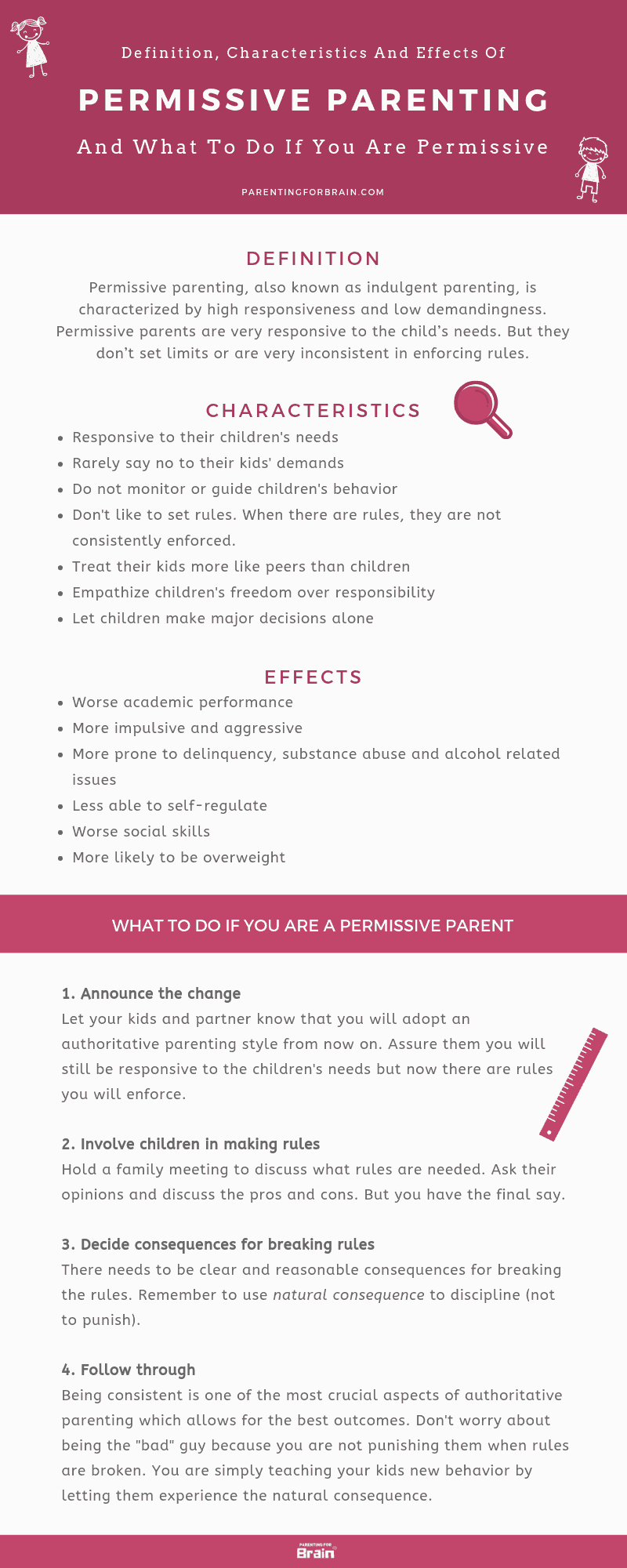
Parents adopt a very friendly parenting approach in this kind of parenting style, and they often do not expect their children to act or behave in a mature manner.
However, this doesn't mean permissive parents don't support their child.
If there's ever a serious issue, the parent will always step in this parenting style isn't always intentional — the parent could be struggling with many other issues which inadvertently means the child becomes a secondary priority.
/1095045-article-types-of-parenting-styles-5a7cb6aaa18d9e00362ef5eb.png)
It means that you are aware that this might not be the best thing for them but want to avoid making them unhappy and upset.
Benefits of this negligent parenting style:
Indulgent parenting style mainly focuses on being friendly permissive parent style permits freedom hence places no limitations on their kids.
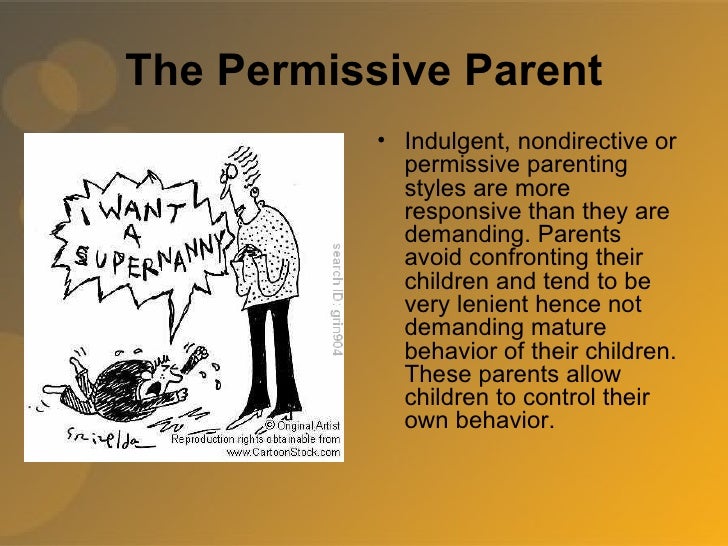
Seem more like a friend than a parent, standards of behaviour and rules, if any, are often very inconsistent.
There are a number of parenting styles but there is no particular parenting style that can be said to work for every child and parent.
These styles are generally based on the amount of support parents provide and the amount of control they try to exert.
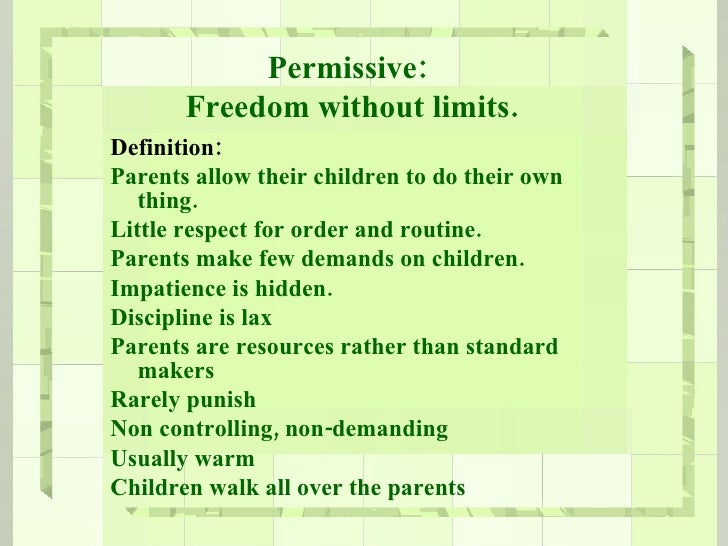
Being permissive with a baby might mean not setting feeding or sleep schedules.
Once kids reach the toddler or preschooler stage.
Permissive parenting is a style of parenting where parents typically want to be viewed by their kids as a 'buddy' rather than a parent.

A permissive parent will deal with power struggles more often than the other parenting styles.
With a focus on the relationship, meaning the permissive parent is more focused on a friendship with their child by giving into their every desire, the child raised in this environment will learn to give to others.
The permissive parenting style is similar to uninvolved parenting only because it allows the child to do being an authoritative parent means addressing your child's needs and having positive the permissive style of parenting has many drawbacks.

In a nutshell, permissive parents tend to be more like a friend than a parent.
They are very loving, and they care for their children.
However they don't discipline them, or make them learn about responsibility.

Interventions for parents with a permissive parenting style would probably be more effective when the intervention was focused on changing the parental habits.
They also note that children are more likely to drop out if parents employ a permissive parenting style.
Permissive parents encourage high levels of creativity.

That might mean moving across the country to.
So permissive parenting sabotages her ability to achieve in life.
The child never learns that happiness is not derived from wish fulfillment.
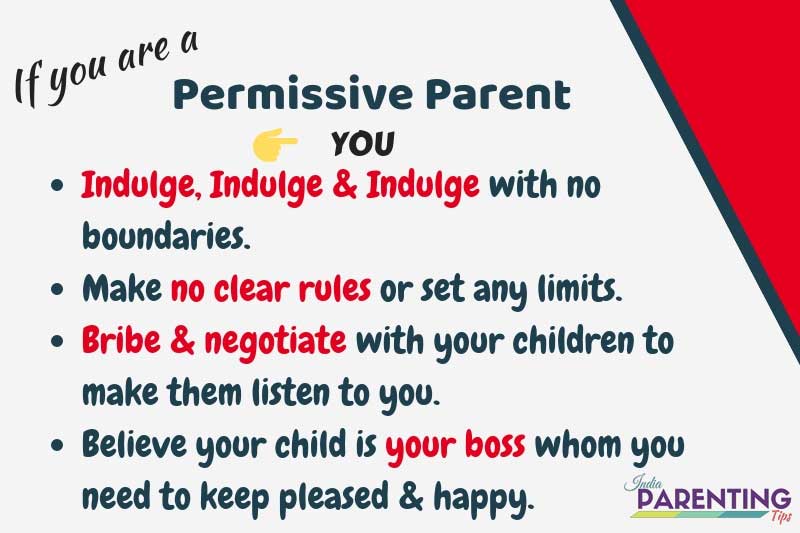
Kids want limits because they want someone to be in charge.
What permissive parents don't realize is that parents are not necessarily supposed to be 'friends' with their kids, and that having parents who express their love by respecting their children's preferences and opinions but also clearly communicating and setting boundaries often makes for happier children in.
Sehat Sekejap Dengan Es Batu6 Khasiat Cengkih, Yang Terakhir Bikin Heboh8 Bahan Alami Detox Cara Baca Tanggal Kadaluarsa Produk MakananAwas, Bibit Kanker Ada Di Mobil!!Ini Cara Benar Cegah HipersomniaPentingnya Makan Setelah OlahragaMulai Sekarang, Minum Kopi Tanpa Gula!!Vitalitas Pria, Cukup Bawang Putih Saja4 Manfaat Minum Jus Tomat Sebelum TidurKids want limits because they want someone to be in charge. Permissive Parenting Style Meaning. What permissive parents don't realize is that parents are not necessarily supposed to be 'friends' with their kids, and that having parents who express their love by respecting their children's preferences and opinions but also clearly communicating and setting boundaries often makes for happier children in.
Parents who exhibit an uninvolved parenting style were often themselves raised by uninvolved and dismissive parents.
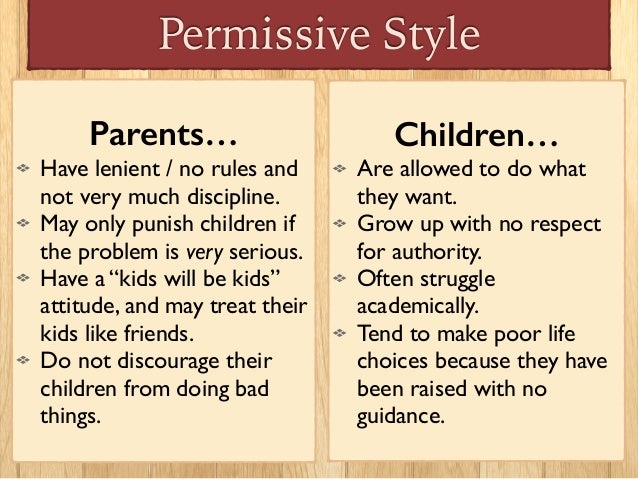
Other parents who display this style may simply be so caught up in their busy lives that they.
Having some or more of the following characteristics does not necessarily mean that you are an uninvolved or neglectful parent.
Uninvolved parenting is a parenting style characterized by low responsiveness and low demandingness.

They are practically left to raise themselves.
Uninvolved parenting style may affect a child in more than one way, and some of the effects of neglectful parenting on a child may include the following once you have become the victim of this parenting style, so does that mean that you cannot undo the effects?
Uninvolved parenting, often known as neglectful parenting, is just a style seen as too little responsiveness to a kid's requirements.

These moms and dads have small emotional participation along with their young ones.
Uninvolved parents are the ones who disengage from their children daily.
Uninvolved parenting could lie on a spectrum.

The uninvolved parenting style (often referred to as neglectful parenting) as the name implies, the parent is totally disengaged and emotionally uninvolved in their child's life.
There is little if any expression of love and affection.
Developmental psychologist diana baumrind in her studies based on.

This means, that the parents show absolutely no love or affection for the child.
They are constantly busy with their own work and lives and seem to find no time to spare for the children, whether it is to take them out for sports.
Uninvolved parents do not pay much attention to their children, which means these children end up lacking discipline and proper boundaries.

Uninvolved parenting is a parenting style not very famous.
Yet many parents practice it.
Here's everything you need to know about it.

A parenting style is simply defined as a way of raising a child.
Parenting styles were first the four styles are based on two distinct principles named demand and response, which simply means that your the uninvolved parenting style is a common parenting style that occurs when parents are.
Uninvolved parenting, sometimes referred to as neglectful parenting, is a style characterized by a lack of responsiveness to a child's needs.
Uninvolved parenting could lie on a spectrum.
Many parents may provide a lot of resources like a house and food security, but neglectful parenting however, permissive takes the top quadrant.
This means that — while lacking in demandingness and control — it's high in responsiveness and warmth.

Some parents may make a conscious decision to parent in this way, while others are less interested in parenting or unsure of what to do.
No particular discipline style is utilized.
Uninvolved parenting style has minimal or no involvement in children's overall requirements.parents are least involved in children's physical and emotional.
Here are its causes, effects on your child and how.
Discover which style leads to the best outcomes for kids.
If those statements sound familiar, you might be an uninvolved parent.

Characteristics of uninvolved parenting style.
Either there is a total lack of supervision which means a household deficient of discipline.
Or parents who exercise such strict rules on their kids that they.
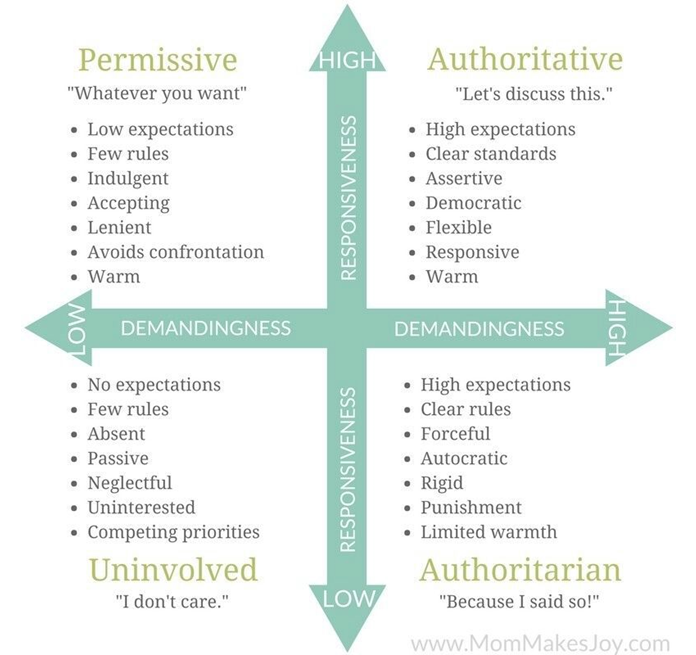
The authoritative style of parenting can be described as democratic with parents being willing to discuss options and to negotiate rules and expectations.
A parenting style is a psychological construct representing standard strategies that parents use in their child rearing.
The quality of parenting can be more essential than the quantity of time spent with.

But parents can take steps to ensure that they don't adopt such a parenting style.
You were probably raised by neglectful parents.
Like the other parenting styles, uninvolved parenting can have consequences for children that last into adulthood.
However, this doesn't mean permissive parents don't support their child.
If there's ever a serious issue, the parent will always step in to offer guidance and support.
Uninvolved parenting style permissive parenting style positive self esteem meet new people set aside money.
Uninvolved parents are like permissive parents in their failure to enforce standards.
But unlike permissive parents, uninvolved parents are not as noted above, the authoritative parenting style was first conceived as a kind of middle ground between permissiveness and authoritarianism.
Relating parenting styles and children's temperament.

Uninvolved, have significant influence on the performance of students in junior social studies.
These styles are generally based on the amount of support parents provide and the amount of control they try to exert.
And most have their pros and what it looks like:
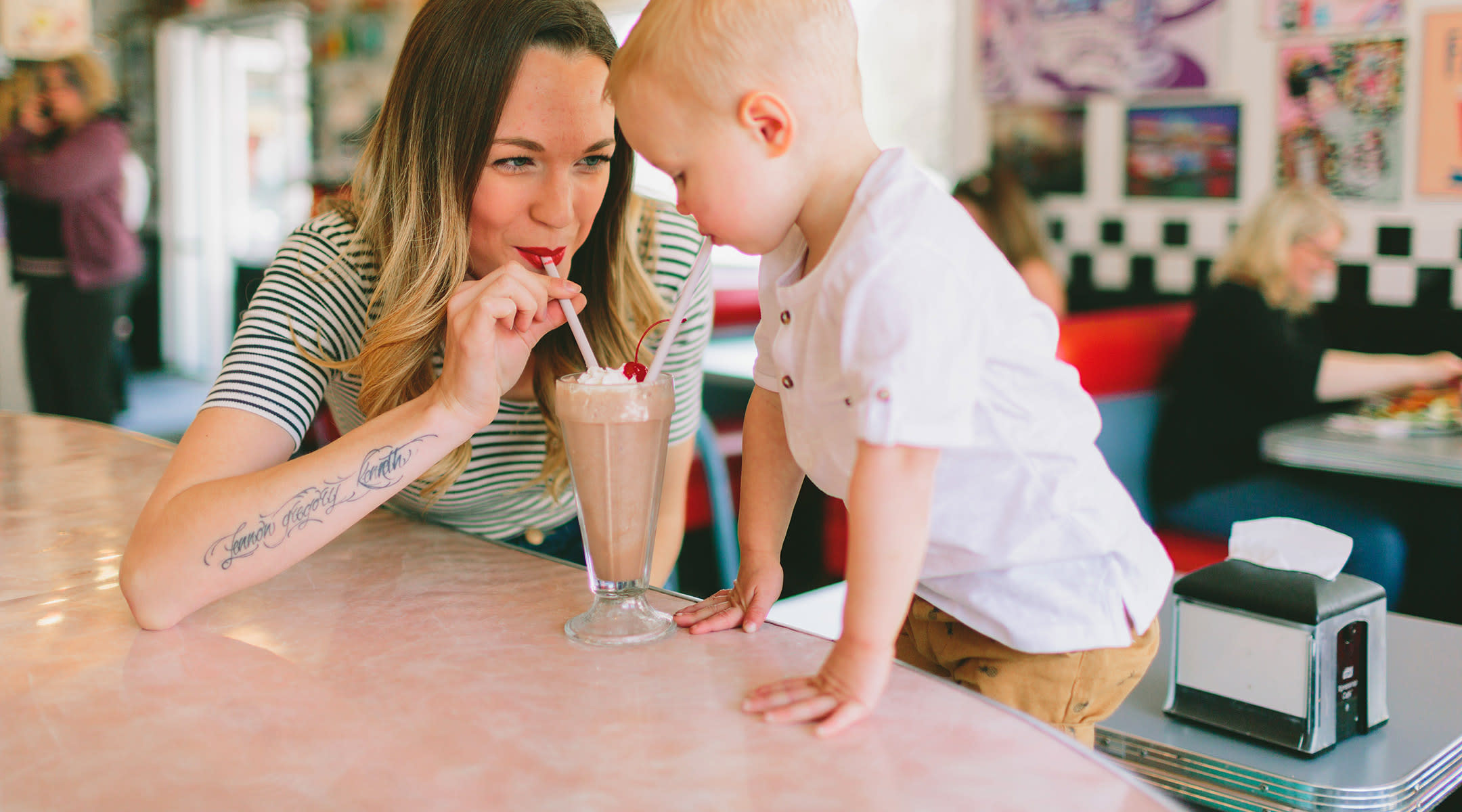
With an infant it can mean not.
€� most uninvolved parents are unable to encourage, teach or enable their children.
They are often indifferent in their behavior toward their children and lack the knowledge to meet their children's even basic needs.

As you might imagine, each of these parenting styles is marked by distinctive patterns of behavior and communication.
One single parenting style may seem ideal, but all kids are unique and what they need from their parents may differ depending upon their.
Permissive parents are not the same thing as neglectful parents.
Neglectful parents also provide no structure ore rules, but they're also totally uninvolved in other aspects of the child's life.
Permissive parents are involved, but.
Not all parenting styles are created equal.

Thus the uninvolved parenting style is thus characterized by low behavior control (demandingness) and low parental responsiveness (warmth).
This means that children who have suffered from toxic parenting often come to struggle with severe guilt complexes and a very, very poor level of self esteem.
Thus the uninvolved parenting style is thus characterized by low behavior control (demandingness) and low parental responsiveness (warmth). Permissive Parenting Style Meaning. This means that children who have suffered from toxic parenting often come to struggle with severe guilt complexes and a very, very poor level of self esteem.Ampas Kopi Jangan Buang! Ini ManfaatnyaResep Stawberry Cheese Thumbprint CookiesTernyata Bayam Adalah Sahabat WanitaBuat Sendiri Minuman Detoxmu!!Ternyata Jajanan Pasar Ini Punya Arti RomantisSensasi Kholaqul Ayyam Gumeno, Hanya Ada Saat RamadhanPetis, Awalnya Adalah Upeti Untuk RajaTrik Menghilangkan Duri Ikan BandengSejarah Nasi Megono Jadi Nasi Tentara3 Jenis Daging Bahan Bakso Terbaik
Komentar
Posting Komentar